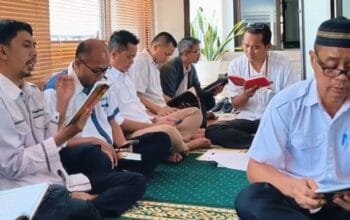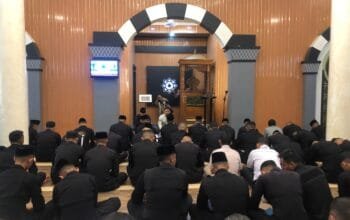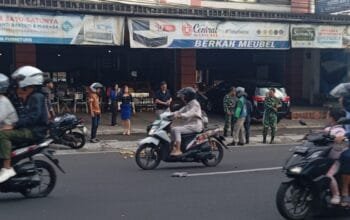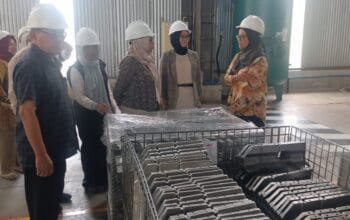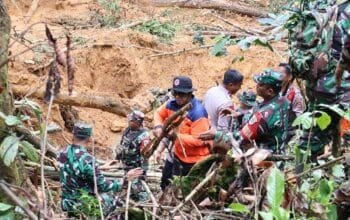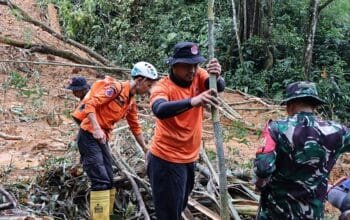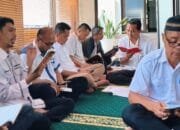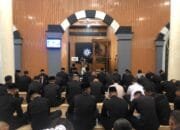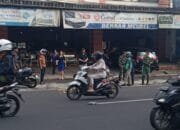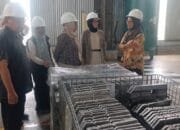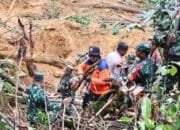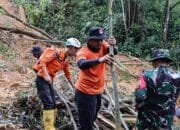HALLOSUMEDANG – In the wake of a devastating earthquake that struck Sumedang a few months ago, efforts to aid the region’s economic recovery are underway. Lecturers from the School of Life Sciences and Technology (SITH) at the Bandung Institute of Technology (ITB) are providing assistance by leveraging backyard land as a source of family sustenance.
The Initiative’s Focus: Integrated Farming for Food Security
Under the theme “Economic Recovery Post-Earthquake Through the Utilization of Backyard Land with an Integrated Farming System Model as a Source of Family Food,” this community service initiative aims to expedite the economic recovery process, particularly for the affected population.
Led by Dr. Ir. Mia Rosmiati, M.P., along with team members Dr. Ir. Aos, M.P., Dr. Ramadhani Eka Putra, Dr. Ida Kinasih, and Ir. Yeyet Setiawati, M.P., the program also involves the collaboration of one student and two alumni of ITB’s agricultural engineering program, serving as field assistants.
Target Area and Objectives
The initiative targets the Cipameungpeuk Subdistrict in South Sumedang. This location was chosen due to its proximity to the center of Sumedang, where land availability is limited among the local population. The program aims to train and empower residents to utilize backyard land through an integrated farming system model, thus ensuring food security within the community.
Mia emphasizes that the primary goal is to enable the residents of Cipameungpeuk to fulfill their own food needs, thereby mitigating the challenges of accessing food, especially during future disasters.
Duration and Sustainability
Formally, the community service activities are scheduled from February to July 2024. However, Mia notes that informal assistance will continue indefinitely based on the community’s needs. This commitment underscores the long-term sustainability and resilience-building aspect of the initiative.
Educational Approach and Technical Support
In addition to educational sessions, technical support and resources are provided to showcase exemplary food crop production methods that can be implemented in small spaces with affordable investments. The success of the program is further bolstered by the active participation of the Kartika RW 02 Women’s Group, alongside local residents and government support.
Impact and Future Prospects
The successful implementation of this program is expected to enhance the well-being and food security of the Cipameungpeuk community. Furthermore, it serves as a beacon of inspiration for other regions facing similar challenges.
Conclusion
In conclusion, the initiative led by ITB lecturers to utilize backyard land for food production represents a proactive and sustainable approach to post-disaster recovery. By empowering communities with knowledge and resources, the program not only addresses immediate needs but also fosters long-term resilience.
As Sumedang continues to rebuild in the aftermath of the earthquake, initiatives like these offer hope and tangible solutions for a brighter future.


